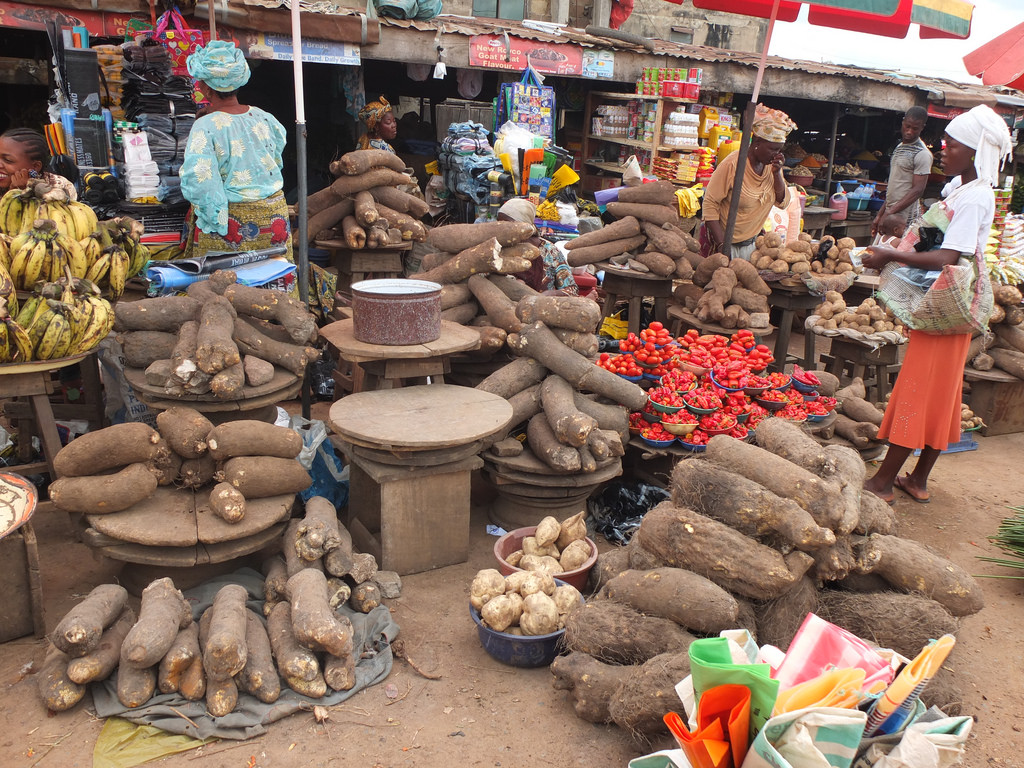Consumers in focus as FAO, others brainstorm on food safety
The Food and Agriculture Organisation of the United Nations (FAO) and other stakeholders in the agric sector have advocated effective and efficient policies and strategies to eliminate hunger, food insecurity and malnutrition in Nigeria, through the Codex Alimentarius Commission (CAC). The CAC was jointly created in 1963 by the FAO and the World Health Organisation […]

Food security
The Food and Agriculture Organisation of the United Nations (FAO) and other stakeholders in the agric sector have advocated effective and efficient policies and strategies to eliminate hunger, food insecurity and malnutrition in Nigeria, through the Codex Alimentarius Commission (CAC).
The CAC was jointly created in 1963 by the FAO and the World Health Organisation (WHO) to develop food standards, guidelines and related texts, such as codes of practice under the Joint FAO/WHO Food Standards Programme.
The main purposes of the programme are to protect the health of consumers and ensuring fair trade practices in food trade, and promoting the coordination of all food standard work undertaken by international governmental and non-governmental organisations.
The representative of the FAO in Nigeria and ECOWAS, Mr Fred Kafeero, who addressed participants at a day stakeholders’ workshop on “National Priority Codex and Awareness on Trade Facilitation and Consumer Protection,” organised by the FAO in Abuja on Thursday, said between 2014 and 2016, the organisation supported the government in strengthening its food control and safety system, leveraging on the strategic plan of the food safety.
Represented by Ms Saadiya Haliru, the FAO Codex Focal Point, Kafeero harped on the importance of ensuring the availability of foods and food standardisation, adding that poor quality of foods does not ensure security.
He said that as part of the food safety project, the FAO funded the training of the National Food Safety Management Committee (NFSMC) members on the requirements of the CAC and the National Codex Committee (NCC) members’ effective participation in the international food standard-setting process.
“The FAO will continue to promote improved awareness on the activities of the NCC and increased knowledge base of the members, top government executives, policy makers and all the stakeholders to ensure that the work of CAC in Nigeria is effective and functional,” Kafeero said.
In his remarks, the Minister of Health, Dr Osagie Ehanire, as the chairman of the NCC, said the country had the capacity to develop national food standards based on relevant Codex standards, adding that more efforts is needed, especially in the political sphere to support food safety and quality activities implementation by NCC members.
The minister, who was represented by the national coordinator, Food Safety and Quality Programme of the ministry, Mr Atanda John, urged stakeholders to focus on NCC’s mandate to safeguard the health of the people and promote fair trade practices through ensuring compliance to set food safety standards, codes of practice, regulations, guidelines, policies and fair practices in international food trade.
Also speaking, the deputy director, Department of Federal Produce Inspection Service, Federal Ministry of Industry Trade and Investment, Mr Dafang Idi Sule, said coming together to interact and discuss offered an opportunity to ensure that foods that are being exported and imported into the country were of the required quality standard and safe for consumption.
In the same vein, the deputy director, Department of Food and Strategic Reserve, Federal Ministry of Agriculture and Rural Development, Mr Nuhu Kilishi, said the ministry was prepared to participate and promote policies that would ensure food security in the country.
On his part, the Head of Department, Sectoral and Regulatory Authority Division, Manufactures’ Association of Nigeria (MAN), Femi Gbadegun, said collaboration amongst stakeholders would strengthen food security in the country.
Experts spoke on the role of Codex in food safety, trade facilitation and consumer protection, as well as understanding its organisation, structure and the national committee.
